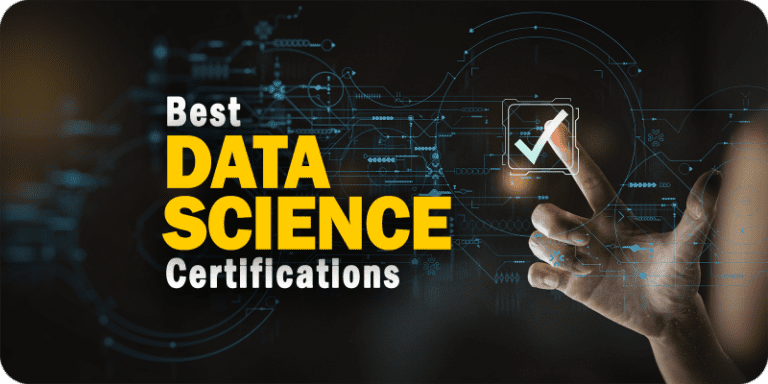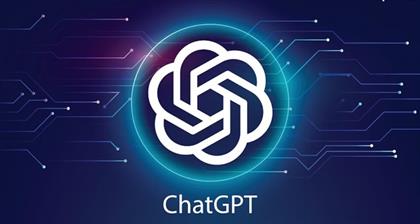
Data is more valuable than oil in the modern digital economy. Professionals who can evaluate, interpret, and use data to inform decisions are in high demand across a variety of industries. The demand for data scientists is expected to increase by 25–30% per year, according to the USDSI® Data Science Career Factsheet 2026, so now is the ideal time to begin preparing.
The best way to start if you're thinking about a data science career in 2026 is with a certification. Certifications are shorter, less expensive, and intended to give you real-world skills, in contrast to degrees. The eight most sought-after data science courses for beginners that you should be aware of are listed below.
1. Certified Data Science Professional (CDSP™) By USDSI®
The Certified Data Science Professional (CDSP™) by USDSI® is a globally recognized certification designed to provide foundational skills in data science, making it ideal for undergraduates, recent graduates, and professionals with little to no experience.
● The program is self-paced, typically spanning 4 to 25 weeks, with 8–10 hours of weekly study, and includes HD video lectures, interactive eLearning modules, and hands-on exercises.
● The curriculum covers essential topics such as data analysis, statistics, databases, big data, machine learning, programming in Python and R, and data visualization using tools like Tableau and Power BI.
● Upon completion, participants receive a globally recognized certification valid for three years, along with a digital badge to showcase their achievement.
By earning the CDSP™, professionals can enhance employability, gain industry-relevant skills, and prepare for entry-level data science roles while studying flexibly at their own pace.
2. Harvard Professional Certificate in Data Science
For those who wish to get a thorough introduction to data science without committing to a full degree, Harvard offers a professional certificate.
● One year (self-paced modules).
● R programming, probability, inference, regression, data manipulation, and machine learning were among the skills taught.
● Project-based learning using real-world datasets is the method used.
● Level: Even people with little programming experience can use it.
This certification prepares students for entry-level analyst positions by fostering their technical confidence and analytical thinking.
3. Columbia University Certification of Professional Achievement in Data Sciences
A structured path into data science is provided by Columbia University's certificate program.
● Duration is 12 credits, usually finished in less than a year.
● Covered skills include machine learning, probability and statistics, exploratory data analysis, and data science algorithms.
● The format is online and part-time.
● The certification is basically for beginners who are seeking a program that is both flexible and academic.
It is one of the most prestigious credentials in the field because of its harmony between theory and practice.
4. Yale University Certificate in Data Science Foundations
Yale's introductory data science certificate emphasises fundamental abilities without overburdening students with intricate research specifications.
● The time frame is four to six months.
● Covered skills include computation, applied data analysis across disciplines, and basic statistics.
● The format is coursework in data science with hands-on assignments.
● The targeted audiences are beginners who wish to use data skills in the humanities, social sciences, and business fields.
5. Cornell Data Science Certificate (via eCornell)
Through its eCornell platform, which is well-known for providing career-focused training, Cornell offers an online professional certificate.
● The time frame is 3–5 months (flexible, online).
● Python programming, SQL, data visualisation, and applied analytics were among the skills covered.
● Interactive modules and hands-on projects are preferred learning methods.
● Beginners seeking practical, hands-on skills that can be immediately applied in the workplace should consider enrolling.
It offers a good mix of business-focused data applications and technical depth.
6. Princeton Applied Data Science Certificate
A brief certification program in applied data science is available from Princeton.
● The time frame is usually six months.
● Data wrangling, predictive modelling, statistical learning, and the fundamentals of machine learning were among the skills covered.
● The methods are easy for beginners, but with solid statistical underpinnings.
● The mode is part-time and online.
Professionals coming from non-technical backgrounds will find it especially helpful because of its emphasis on application.
7. Brown University Data Science Certificate
Princeton offers a short applied data science certification course.
● Typically, it lasts six months.
● Among the skills covered were data wrangling, statistical learning, predictive modelling, and the foundations of machine learning.
● The methods are simple for beginners, but with strong statistical foundations.
● The mode is online and part-time.
Its emphasis on application will be especially beneficial to professionals with non-technical backgrounds.
8. University of Pennsylvania Data Analytics and Data Science Certificate
A beginner-focused certificate program that combines analytics and data science is available from UPenn.
● The time frame is three to six months, conducted through live online sessions.
● Python, SQL, data visualisation, and the fundamentals of machine learning were among the skills covered.
● The targeted audiences are students looking to improve their employability and career changers.
Why Do These Certifications Matter?
These data science certifications validate your ability to use data to solve real-world problems, going beyond basic training. They are valued by employers because they emphasise practical abilities in fields like data cleaning, visualisation, and the development of basic machine learning models.
They give beginners the self-assurance they need to enter internships, analyst positions, or junior data science roles with a strong foundation. Every certification is made with adaptability and real-world results in mind, allowing students to advance without needless obstacles.
Professionals with acknowledged certifications will be seen as flexible, knowledgeable, and prepared to contribute as industries increasingly rely on data-driven decision-making. They are stepping stones that transform a passion for data into a prosperous, future-proof career path; they are more than just credentials.
















